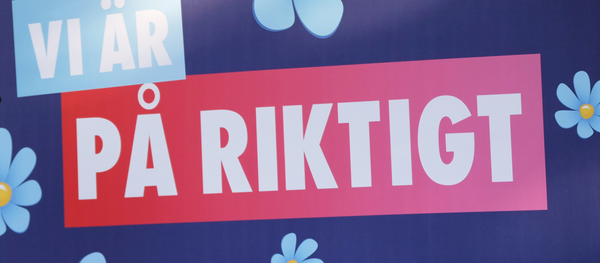Lohocki believes the developments in Sweden are some kind of litmus test for the rest of Europe.
"It is a kind of test lab, as what happens in Sweden today, will almost certainly also repeat itself in Germany in about 5-10 years. Both Sweden and Germany are strong economies, but the public debate of today rather concerns migration and the EU than questions of wealth distribution, as before," he said.
"They are welded, well-organized and have a professional management team," said Lochocki. "Alternative for Germany, which only is a few years old, is still torn internally between different interests and alignments."
In Sweden, public confidence for established parties has been eroding for a very long time, and SD may in the present climate actually start to set the agenda, despite being a minority opposition.
"Very soon, the Sweden Democrats will be about to take their place in the government," claims the German political scientist. This may not happen in the next election, but some day it will become impossible to form a government without them, he predicts.
For the Conservatives, the former party in power, Lochocki sees two alternatives: be reduced to a junior partner to the Social Democrats, or agree to a coalition with the Sweden Democrats.
In the 2014 general election, the Sweden Democrats polled 12.9 percent of votes in its largest success so far. However, support for SD has been crawling upwards, peaking at 28.8 percent, according to various polls at the beginning of the year.





